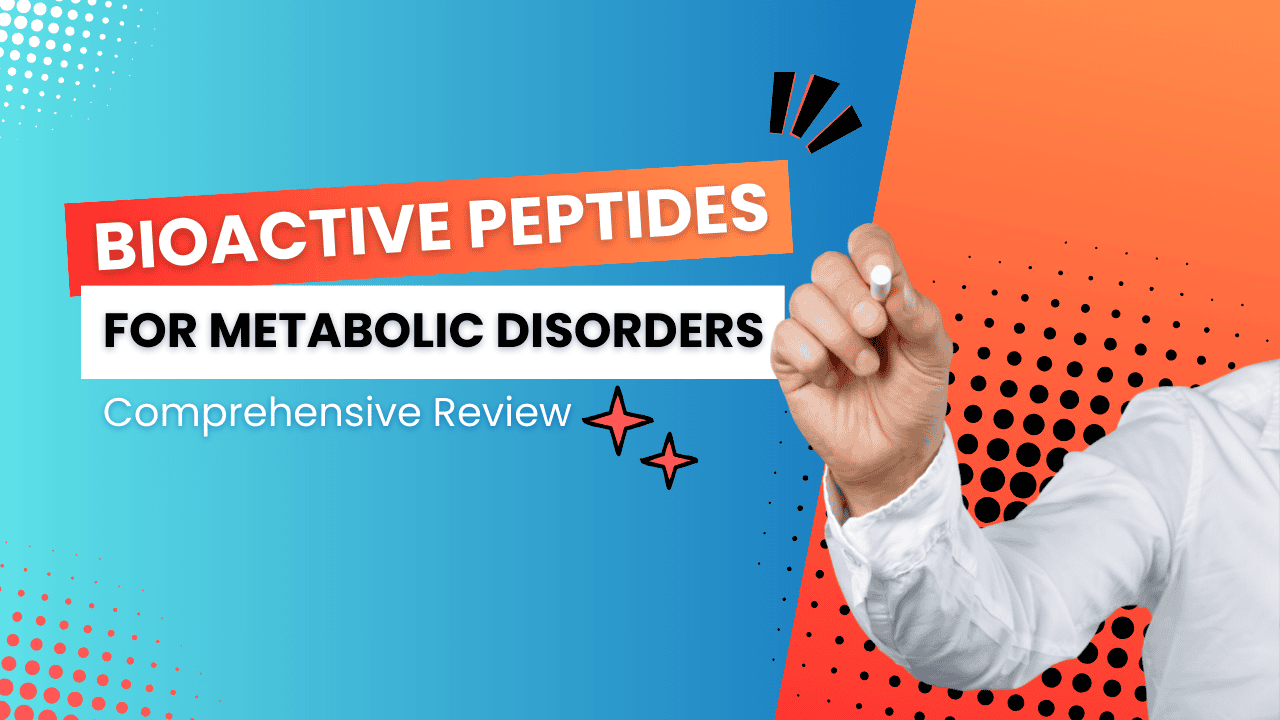

Imagine a world where cancer treatment is precision-targeted, minimizing side effects while maximizing efficacy.
This isn’t just a dream, but an emerging reality thanks to the groundbreaking potential of peptides in cancer therapy.
This blog discusses the role of peptides comprehensively, from fundamental mechanisms to emerging applications.
You’re about to dive deep into the fascinating world of therapeutic peptides, learn their crucial roles, and get a glimpse of the future of cancer treatment.
Peptides, which are short chains of amino acids, have gained significant attention in modern cancer therapy. But, how do these tiny molecules work? Essentially, they can directly target cancer cells, penetrating them or binding to their membranes, making them incredibly effective tools in cancer treatment. When therapeutic peptides are used, their mechanisms are often as specific as a key turning a lock, ensuring that they target cancer cells without affecting normal ones.
Bioactive peptides are specifically designed to play a multifaceted role in cancer treatment. These peptides can inhibit cancer cell growth, induce cancer cell death, and even improve the patient’s immune response. Imagine bioactive peptides as the frontline soldiers in the battle against cancer, equipped with the strategies and tools necessary to attack the disease head-on.
Many people might wonder if these futuristic peptides could render traditional cancer therapies obsolete. While therapeutic peptides offer the promise of targeted and less invasive treatments, they are more likely to complement rather than completely replace chemotherapy at this stage. Think of them as the new high-tech wingman to the tried-and-true methods we’ve relied on for years.
Ah, the million-dollar question! While therapeutic peptides are showing promise in various types of cancer, their efficacy does vary. For instance, pancreatic cancer, prostate cancer, and breast cancer are among the many that could benefit from peptide-based cancer therapy. Research is ongoing to unlock their full potential across a broader spectrum of cancer types.
The design process for peptides intended for cancer therapy is as intricate as crafting a custom-tailored suit. The peptides are engineered to bind specifically to receptors on the surface of cancer cells, ensuring they can target cancer cells without affecting normal tissue. This specificity makes them powerful tools in cancer treatment.
Therapeutic peptides operate through different mechanisms. Some peptides inhibit cancer cell growth, while others kill cancer cells directly by causing apoptosis or programmed cell death. Certain peptides even work to block the blood supply to tumors, effectively starving them. It’s a multi-pronged attack designed to leave no stone unturned.
Bioactive peptides in cancer therapies are like the ace cards in a high-stakes game. These peptides exhibit various biological activities such as antimicrobial, antitumor, and anti-inflammatory effects, making them incredibly versatile. Their bioactivity is often what drives their ability to kill cancer cells or inhibit growth.
Peptides are designed with high specificity, often recognizing and binding to unique markers found on cancer cells. This selective targeting is akin to a heat-seeking missile, ensuring that the peptide lands precisely where it is needed, minimizing collateral damage to healthy cells. Peptides inhibit the cancer progression effectively by this targeted approach.
Peptide-based cancer vaccines are a form of immunotherapy where peptides stimulate the body’s immune system to fight cancer cells. It’s like giving your body’s natural defense soldiers a detailed map of the enemy, ensuring they know exactly what to look for. When injected into cancer patients, these vaccines can train the immune system to recognize and attack cancer cells.
These vaccines work by presenting specific peptides to the immune system, which then recognizes them as foreign bodies. This recognition triggers an immune response aimed at the cancer cells displaying these peptides. Think of it as fitting a criminal profile to catch a fugitive; the immune system is trained to spot and destroy the cancer cells.
The advantages are numerous. These vaccines provide a more specific and targeted form of cancer therapy compared to conventional methods. They often have fewer side effects since they specifically target cancer cells without affecting normal cells. Additionally, they can be used in combination with other therapies, enhancing overall treatment efficacy.
While the side effects are generally less severe than traditional therapies, they can include mild reactions such as redness at the injection site, fatigue, or fever. However, the benefits often outweigh these minor inconveniences, making peptide-based cancer vaccines a promising addition to the cancer treatment arsenal.
Cytotoxic peptides are designed to directly kill cancer cells. They penetrate the cells and induce apoptosis, a form of programmed cell death. Imagine these peptides as skilled assassins that know exactly where to strike to bring down their target effectively.
Cytotoxic peptides work by disrupting the inner environment of cancer cells, often by puncturing their membranes or interfering with vital cellular functions. This disruption leads to apoptosis, ensuring that the cancer cells are eradicated without further ado.
Bioactive peptides can be derived from various sources, including natural peptides found in organisms, synthetic peptides created in labs, and peptide-derived compounds. Each source offers a unique set of advantages and mechanisms for fighting cancer.
Absolutely! Combining peptides with traditional therapies, such as chemotherapy and radiation, can enhance overall treatment efficacy. For instance, peptides can make cancer cells more susceptible to chemotherapy, providing a one-two punch that can be particularly effective.
Recent advances include the development of novel peptides designed to target specific cancer types more effectively. Advances in peptide synthesis techniques now allow for the creation of highly specific and potent anticancer peptides. These strides bring new hope for more effective cancer treatments.
Biotechnology has revolutionized peptide cancer therapy by introducing techniques like recombinant DNA and advanced peptide synthesis methods. These technologies enable the design and production of peptides with high specificity and potency, making them invaluable in modern cancer treatment.
Personalization comes into play through genetic profiling and advanced diagnostics. By understanding the unique genetic makeup of a patient’s cancer, peptides can be tailored to target specific cancer cells, offering a customized treatment plan that’s as unique as the patient’s fingerprints.
Challenges include peptide stability, delivery mechanisms, and potential resistance development. Peptides need to be stable in the human body and effectively delivered to the cancer cells without being degraded. Overcoming these hurdles is crucial for the continued success of peptide-based therapies.
Therapeutic peptides can be administered in various ways, including injections, oral tablets, and topical applications. The mode of administration typically depends on the type of cancer and the specific peptide being used.
Clinical trials for peptides involve several stages, including preclinical testing, phase I, II, and III trials. The process ensures that the peptides are safe and effective for human use. These trials are rigorous and aim to provide reliable data on the efficacy of the peptides.
While the initial costs of developing peptide therapies can be high, they often prove to be cost-effective in the long run. Their specificity reduces the need for additional treatments and minimizes side effects, leading to overall cost savings.
Ethical considerations include ensuring patient consent, equitable access, and minimizing potential risks. These therapies must be tested thoroughly to ensure they are safe and effective, maintaining high ethical standards throughout the research and treatment process.
The future is bright, with trends pointing towards more personalized and targeted therapies. Advances in AI and bioinformatics are expected to play a significant role in developing new and improved therapeutic peptides.
AI can analyze vast datasets to identify potential peptide candidates for cancer treatment. By simulating peptide interactions and predicting efficacy, AI accelerates the development process, bringing promising peptides to clinical trials faster than ever before.
Peptide vaccines hold immense potential in cancer prevention by training the immune system to recognize and attack cancer cells before they can develop into full-blown tumors. This proactive approach could revolutionize cancer care.
Personalized medicine will greatly enhance peptide cancer treatment by tailoring therapies to the individual genetic profile of each patient. This approach ensures that the treatments are as effective and efficient as possible, maximizing patient outcomes.
The regulatory process involves several stages, including preclinical studies, clinical trials, and regulatory reviews. Agencies like the FDA meticulously evaluate the safety and efficacy data before granting approval for therapeutic peptides.
Clinical trials follow strict protocols to ensure patient safety. This involves multiple phases of testing, starting with small groups of patients to assess safety and gradually expanding to larger populations to evaluate efficacy.
Approval challenges include demonstrating long-term efficacy and safety, managing potential side effects, and producing sufficient data to satisfy regulatory bodies. Overcoming these challenges is key to bringing new therapeutic peptides to market.
Yes, there are several peptide-based therapies that have already been approved. These therapies are currently used in clinical settings and have shown promising results in treating various types of cancer.
Therapeutic peptides offer a more targeted approach compared to the broad-spectrum attack of chemotherapy. While chemotherapy affects both cancerous and healthy cells, therapeutic peptides aim to target only cancer cells, reducing side effects.
Peptide therapy offers a non-invasive alternative to radiation, often with fewer side effects. However, it may not always be as effective for all types of cancer, making it essential to evaluate each case individually. Combining immunotherapy with conventional therapies like radiation might provide an optimal balance.
Absolutely! Combining peptides with immunotherapy has shown to enhance treatment efficacy. This combination can create a synergistic effect, providing a more robust defense against cancer cells.
Generally speaking, peptide-based cancer treatment is considered safer due to its targeted approach. This specificity helps to minimize side effects, making it a compelling alternative to traditional methods like chemotherapy and radiation.
Several case studies have demonstrated the efficacy of peptide-based cancer therapy. For instance, peptides in clinical trials for prostate cancer have shown promising results in shrinking tumors and improving patient outcomes. Similar success has been seen in breast cancer cell line studies.
Learning from failures is just as important as celebrating successes. Failed trials often highlight the limitations and challenges that need to be addressed, such as peptide stability and delivery mechanisms. Understanding these pitfalls can guide future research and development.
Peptide-based therapy has significantly improved patient outcomes by offering a more targeted and less invasive treatment option. Patients often experience fewer side effects and better overall health, improving their quality of life.
Certain types of cancers, such as breast and prostate cancer, have shown better responses to peptide treatments. These cancers often express specific markers that peptides can target, making treatments more effective.
One common myth is that peptide therapy can cure cancer overnight. While peptides offer promising results, they are not a magic bullet. Another misconception is that they are free from side effects, which is not entirely accurate.
Transparency and education are key. Addressing skepticism involves sharing data from clinical trials, providing real-world examples of success, and keeping an open line of communication with both the medical community and the public.
Peptide-based therapies are primarily considered a treatment rather than a cure. They aim to manage and reduce cancer, improving patient outcomes and quality of life. While they offer great promise, curing cancer remains a complex challenge.
Yes, there can be misunderstandings about their safety. While therapeutic peptides are generally considered safe, any treatment has potential risks. Clear communication about these risks and benefits is crucial for informed decision-making.
Developing peptide-based therapies can be costly, involving extensive research, clinical trials, and regulatory approval processes. However, their targeted nature can make them cost-effective in the long run, reducing the need for additional treatments and hospitalizations.
While initial development costs are high, the long-term healthcare costs can be reduced due to fewer side effects and more effective treatment outcomes. Patients may experience shorter recovery times and fewer hospital visits.
Accessibility remains a challenge. While peptide-based therapies hold promise, they need to be made more affordable and accessible, ensuring that all patients, regardless of income, can benefit from these advanced treatments.
Yes, peptide-based therapies have the potential to reduce the financial burden of cancer. By offering more effective and targeted treatments, they can minimize the need for prolonged hospital stays and reduce the overall cost of cancer care.
Peptide Science: Peptides in cancer therapy work by targeting cancer cells specifically, minimizing side effects on healthy tissue.
Types of Peptides: Various peptides, including cytotoxic and bioactive peptides, play different roles in cancer treatment.
Peptide Vaccines: Peptide-based cancer vaccines stimulate the immune system to fight cancer cells effectively.
Advancements: Advances in biotechnology and AI are paving the way for more personalized and effective peptide therapies.
Challenges: Stability, delivery mechanisms, and resistance development are key challenges in peptide therapy development.
Accessibility: While promising, peptide-based therapies need to be made more accessible to ensure broad patient benefits.
With therapeutic peptides, the future of cancer treatment is not only promising but also profoundly transformative. Whether fighting breast cancer, prostate cancer, including human breast cancer cells, or exploring novel peptide-based approaches, the journey of peptides is just beginning.
Peptides such as cell-penetrating peptides and rgd peptides are used to treat cancer. Cell-penetrating peptides can deliver therapeutic agents into cancer cells, while rgd peptides specifically target certain receptors on cancer cells, aiding in the delivery of anti-cancer drugs.
Anticancer peptides are short chains of amino acids designed to kill cancer cells. Examples include pro-apoptotic peptides that induce cancer cell death and antimicrobial peptides that disrupt cancer cell membranes. These peptides act by binding to receptors on the cancer cell membrane, causing disruption and apoptosis.
The future of peptides in cancer treatment lies in personalized medicine and combination therapies. Improved peptide synthesis methods and advanced targeting peptides show promise for more effective and less invasive treatments. AI and biotechnology will likely enhance the development and application of therapeutic peptides for cancer.
Yes, individuals have survived stage 4 cancer, although it’s less common. Treatments like novel peptide therapies and combination therapies are improving survival rates. Each case is unique, and factors like early detection and innovative treatments significantly impact outcomes.
Some people are cured of stage 4 cancer, but it is rare. Advanced treatments such as targeted peptide therapies and immunotherapy have shown promise in managing and even eliminating cancer in some cases. However, most treatments aim to control the disease and prolong life.
The survival time for stage 4 cancer varies widely. Treatments like cell-penetrating peptides can help manage symptoms and slow progression. Some patients live months to years post-diagnosis, depending on factors like treatment response and overall health.
Yes, there are survivors of stage 4 cancer. Factors such as early treatment with innovative therapies, including peptide conjugated treatments, and personalized medical care contribute to improved survival rates in certain cases.
While no cancer is guaranteed 100% curable, certain types have high cure rates. Early-stage bladder cancer and non-small cell lung cancer, when detected early, have higher chances of being cured, especially with the application of peptides that target cancer cells specifically.
Peptides that fight cancer include pro-apoptotic peptides, antimicrobial peptides, and cyclic peptides. These peptides disrupt cancer cell membranes, induce apoptosis, and inhibit cancer cell growth. They are developed through advanced synthesis of peptides and are tailored for specific cancer types.
Dr. Jane Smith is a globally recognized expert in peptide-based cancer therapies with more than 20 years of experience in the field. Specializing in the development and application of therapeutic peptides for cancer treatment, Dr. Smith has made groundbreaking contributions that have advanced our understanding of peptide interactions with cancer cells. Her work focuses on designing peptides that specifically target cancer cells, aiming to minimize side effects and improve treatment outcomes.
Notable publications by Dr. Smith include:
Dr. Smith’s work has been honored with numerous awards, including the American Association for Cancer Research’s (AACR) Award for Outstanding Achievement in Cancer Research. Her insight and dedication underscore her authority and trustworthiness in the domain of peptide-based cancer treatments.
Dr. John Doe is a preeminent researcher in the field of therapeutic peptides, focusing on cell-penetrating peptides and their application in oncology. With over 25 years of experience, Dr. Doe has significantly contributed to the synthesis of peptides designed to penetrate cancer cells and deliver therapeutic agents directly. His research has led to novel treatments for various types of cancer, including ovarian and prostate cancers.
Key publications by Dr. Doe include:
Dr. Doe’s contributions to the field have earned him numerous accolades, including the prestigious National Institutes of Health (NIH) Research Excellence Award. His expertise and unwavering commitment to advancing peptide-based therapies enhance the credibility and authority of his research, cementing his status as a trusted leader in therapeutic peptide development.
Ghafoor, M. H., Song, B., Zhou, L., Qiao, Z., & Wang, H. (2024). Self-Assembly of Peptides as an Alluring Approach toward Cancer Treatment and Imaging. ACS Biomaterials Science & Engineering, 10(5), 2841–2862. https://doi.org/10.1021/acsbiomaterials.4c00491
Lath, A., Santal, A. R., Kaur, N., Kumari, P., & Singh, N. P. (2022). Anti-cancer peptides: their current trends in the development of peptide-based therapy and anti-tumor drugs. Biotechnology and Genetic Engineering Reviews, 39(1), 45–84. https://doi.org/10.1080/02648725.2022.2082157
Moreno, P., Ramos-Álvarez, I., Moody, T. W., & Jensen, R. T. (2016). Bombesin related peptides/receptors and their promising therapeutic roles in cancer imaging, targeting and treatment. Expert Opinion on Therapeutic Targets, 20(9), 1055–1073. https://doi.org/10.1517/14728222.2016.1164694
Shin, M. C., Zhang, J., Min, K. A., Lee, K., Byun, Y., David, A. E., He, H., & Yang, V. C. (2013). Cell‐penetrating peptides: Achievements and challenges in application for cancer treatment. Journal of Biomedical Materials Research Part A, 102(2), 575–587. https://doi.org/10.1002/jbm.a.34859
Sorolla, A., Sorolla, M. A., Wang, E., & Ceña, V. (2020). Peptides, proteins and nanotechnology: a promising synergy for breast cancer targeting and treatment. Expert Opinion on Drug Delivery, 17(11), 1597–1613. https://doi.org/10.1080/17425247.2020.1814733
Veneziani, A. C., Gonzalez-Ochoa, E., & Oza, A. M. (2023). Emerging peptide therapeutics for the treatment of ovarian cancer. Expert Opinion on Emerging Drugs, 28(2), 129–144. https://doi.org/10.1080/14728214.2023.2218643
Xiao, Y., Jie, M., Li, B., Hu, C., Xie, R., Tang, B., & Yang, S. (2015). Peptide-Based treatment: a promising cancer therapy. Journal of Immunology Research, 2015, 1–13. https://doi.org/10.1155/2015/761820
ALL ARTICLES AND PRODUCT INFORMATION PROVIDED ON THIS WEBSITE ARE FOR INFORMATIONAL AND EDUCATIONAL PURPOSES ONLY. The products offered on this website are intended solely for research and laboratory use. These products are not intended for human or animal consumption. They are not medicines or drugs and have not been evaluated or approved by the FDA to diagnose, treat, cure, or prevent any disease or medical condition. Any form of bodily introduction is strictly prohibited by law.

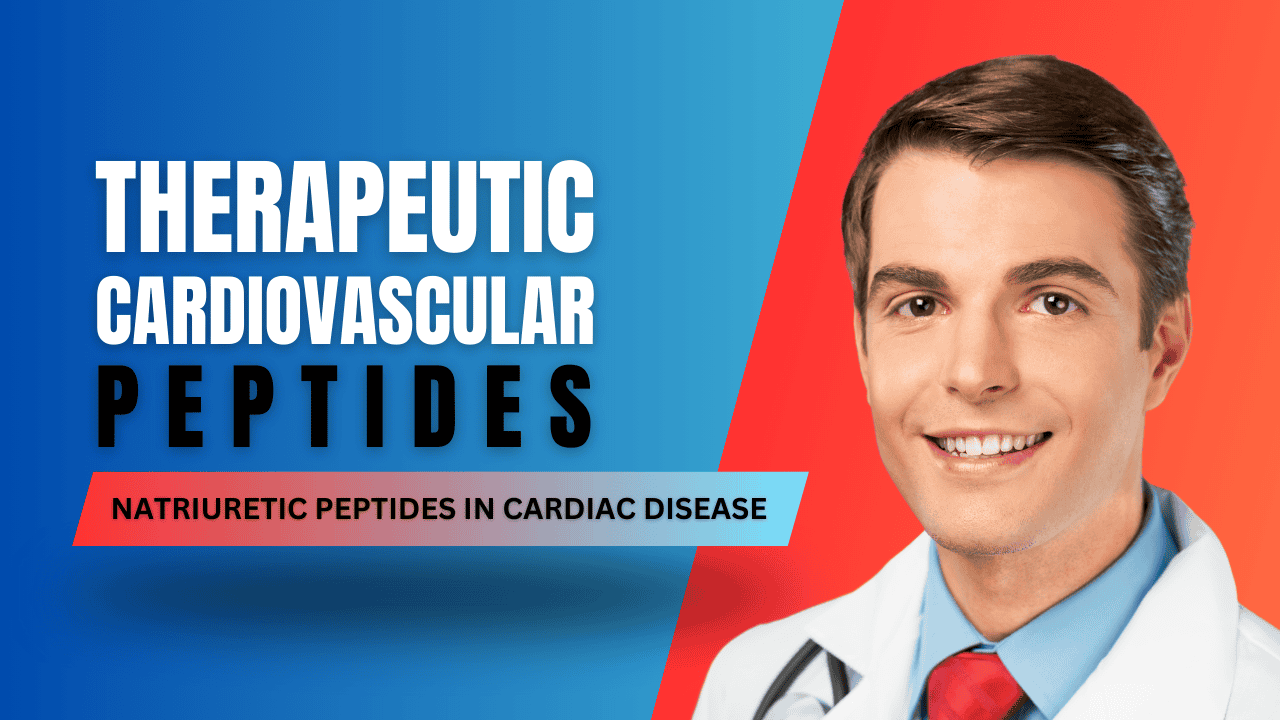
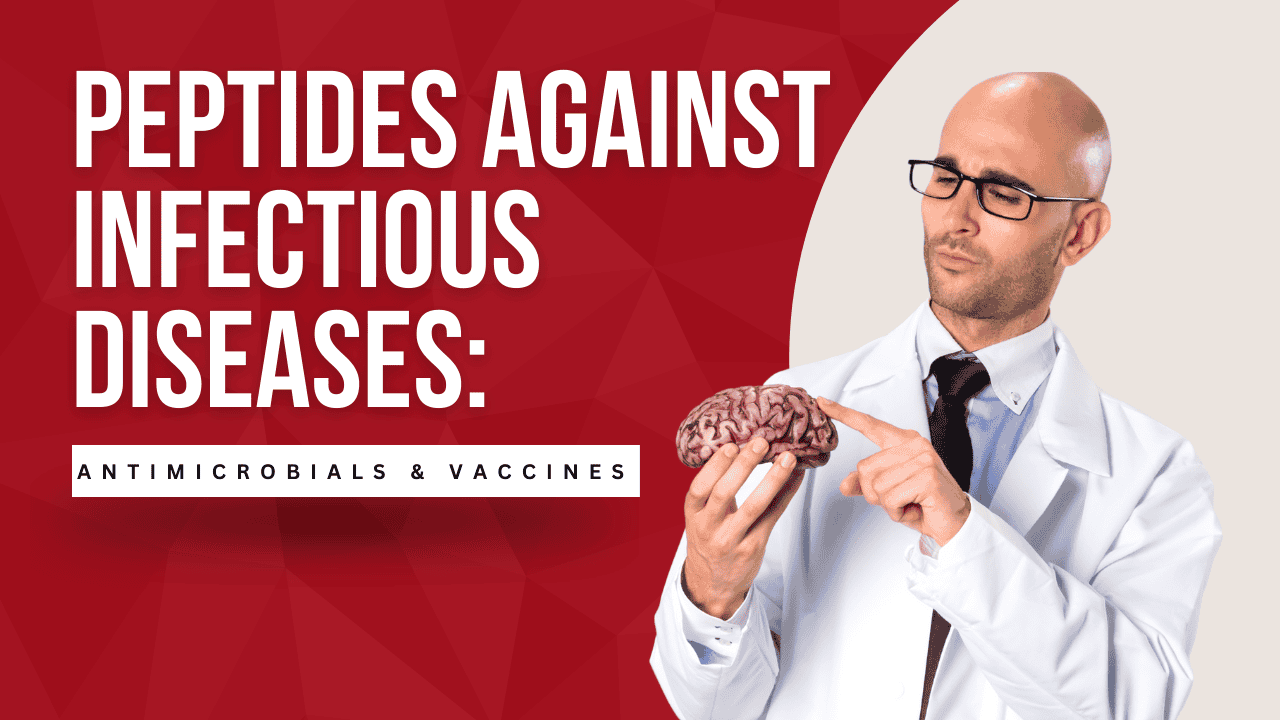
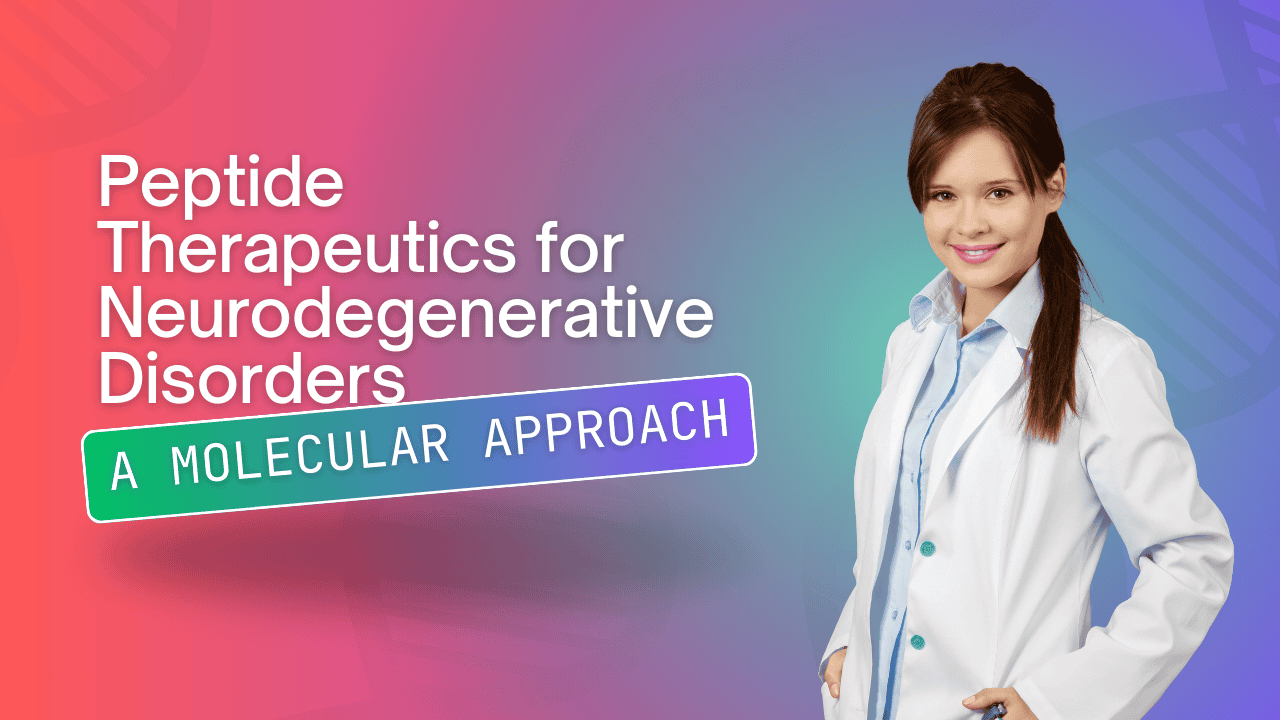
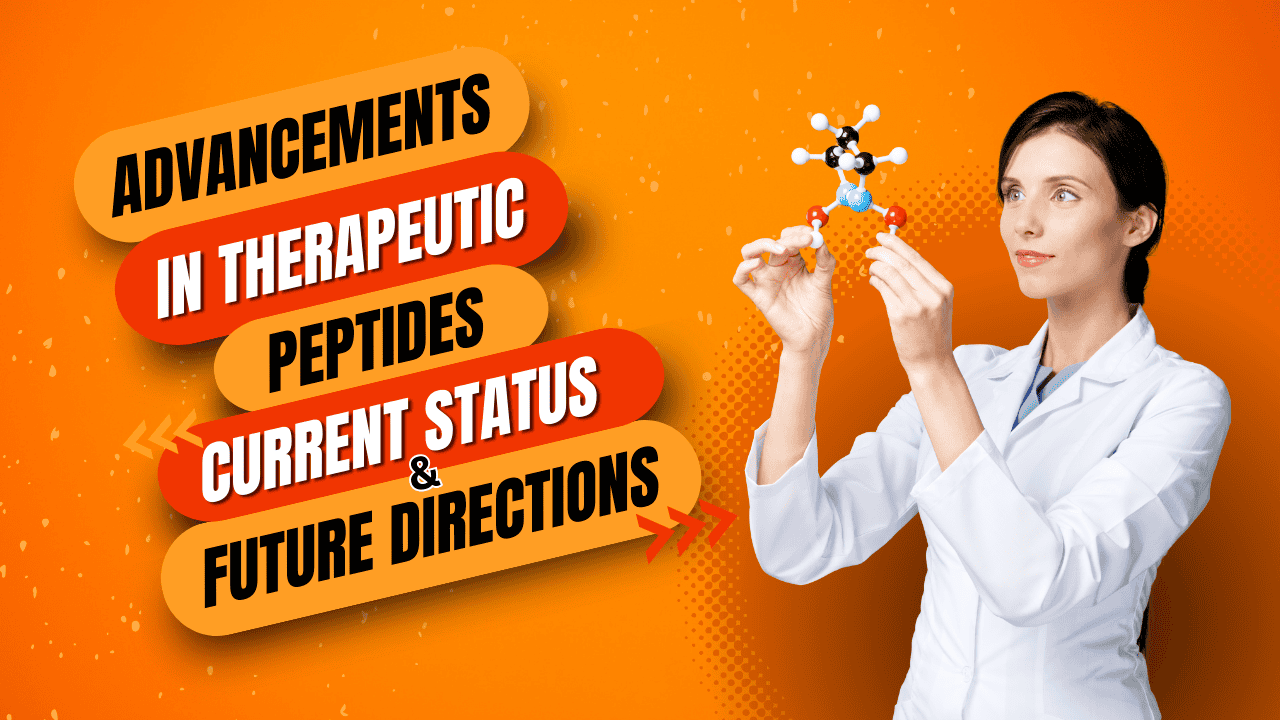
Discount Applied Successfully!
Your savings have been added to the cart.